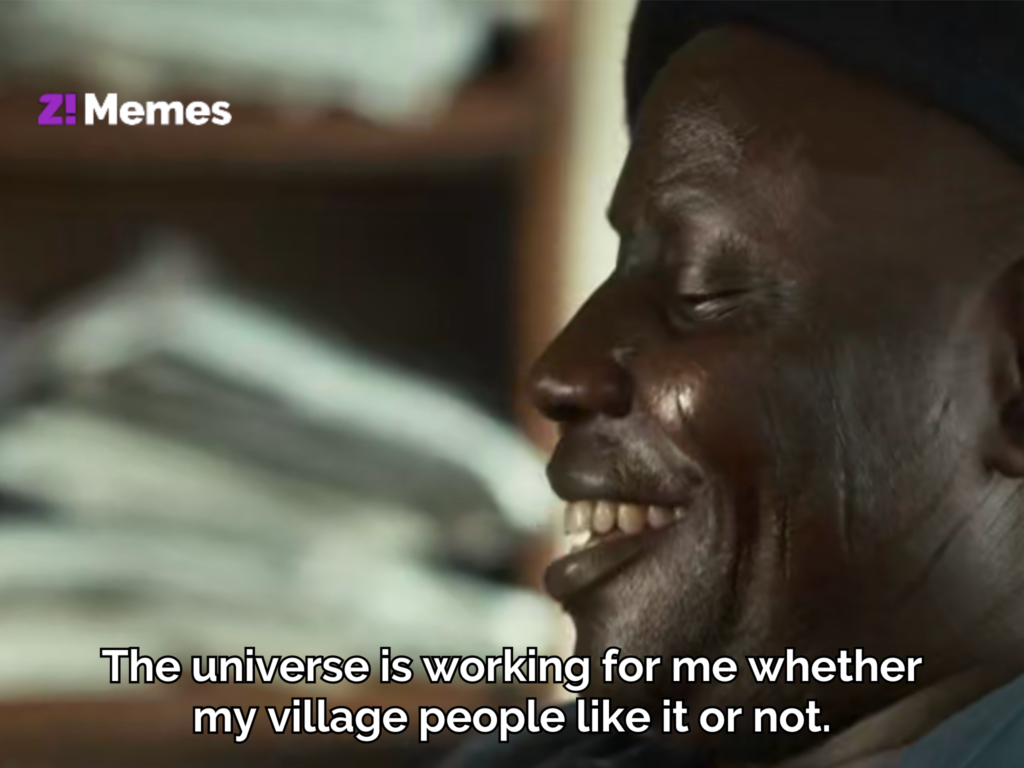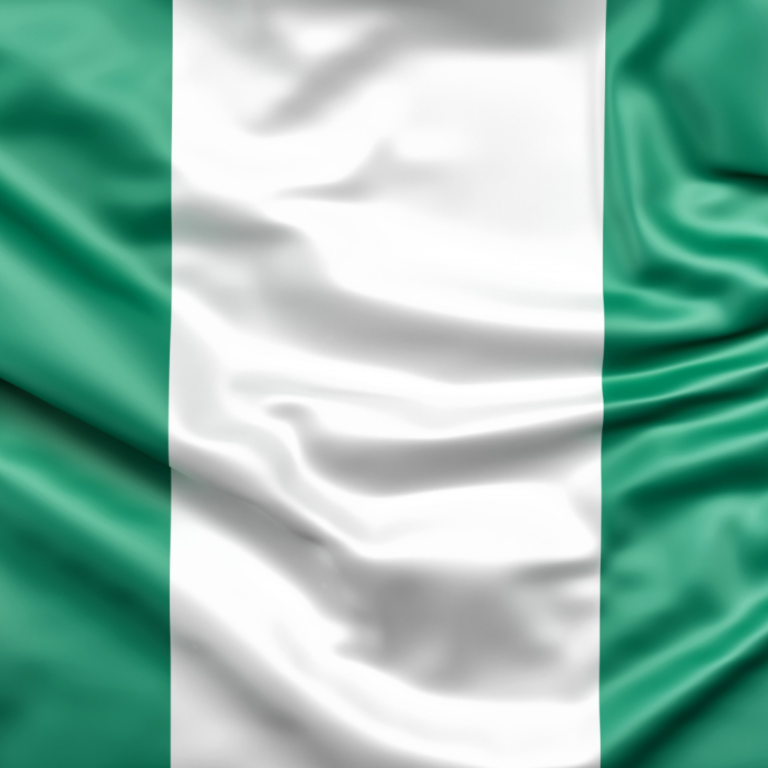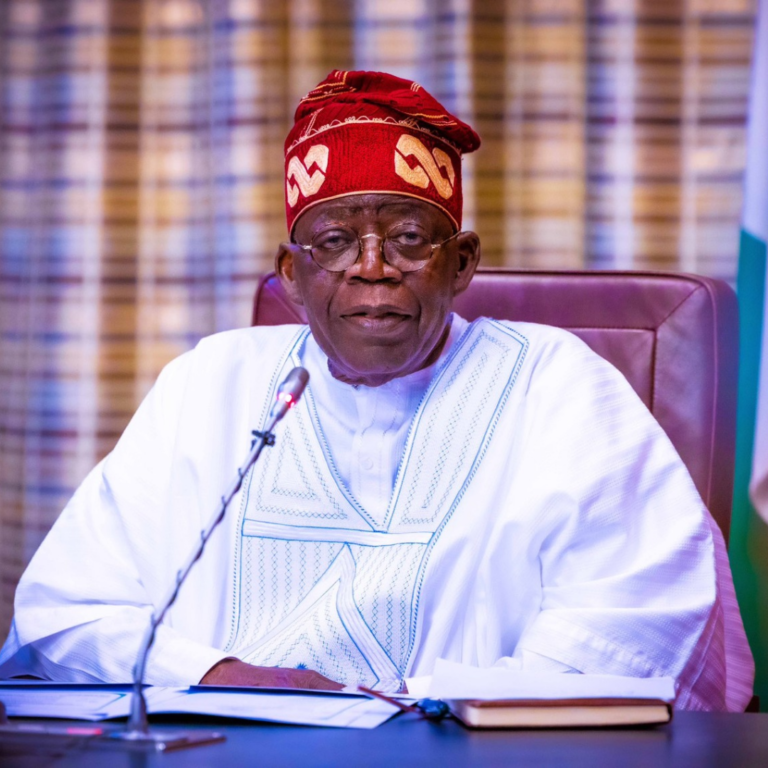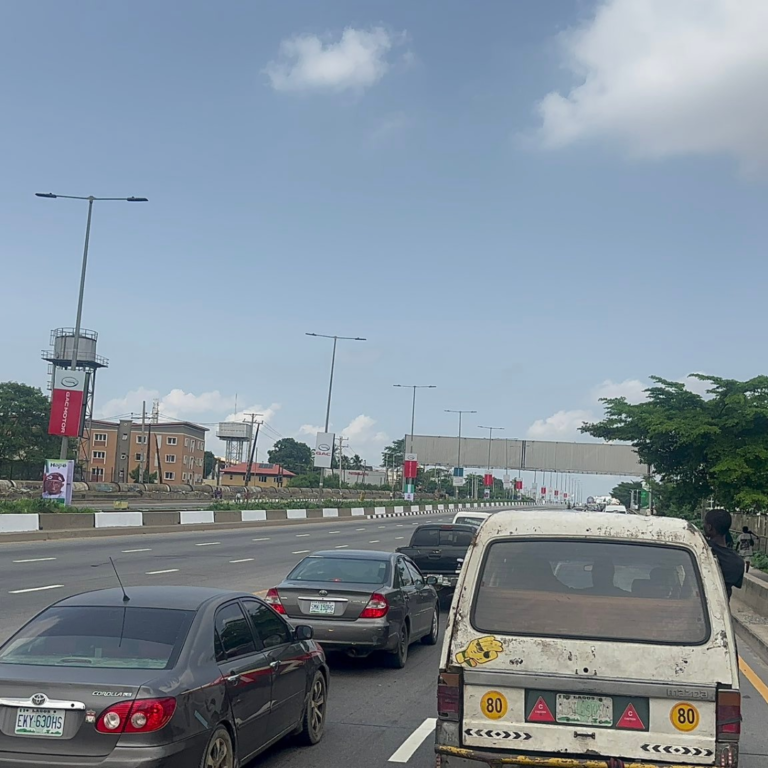The National Minimum Wage Act of 2019 states that the minimum wage must be reviewed every five years. Vice President Kashim Shettima inaugurated a 37-member committee to do so in January 2024. However, the committee did not take action until after the Nigerian Labour Congress’ strike on February 27 and 28, 2024, holding its first meeting on March 7, 2024, to discuss the prospects of increment.
Here are the details of that conversation:
First off, how does a “minimum wage” conversation affect you?
If you are a Nigerian working in either the public or private sector, the Minimum Wage Act is what ensures you get enough to meet up with the cost of living. The minimum wage is the lowest possible amount of money an employer can pay his employee as regulated by the government.
The industrial wage unions, trade unions and labour organisations ensure this rate is adhered to and reviewed when necessary. This is why the Nigerian Labour Congress (NLC) went on strike to protest the economic conditions that have rendered the current wage useless.
Rising from ₦18,000 in 2019, the minimum wage in Nigeria currently stands at ₦30,000 per month.
What’s the update on the minimum wage conversation?
The 37-member committee held regional meetings on March 7, 2024, where stakeholders suggested new minimum wage figures to alleviate the high living costs.
In the South-West, the NLC leaders proposed ₦794,000, while the Trade Union Congress (TUC) proposed ₦447,000. In the South-East, the NLC said it preferred ₦540,000. South-South workers proposed ₦850,000, and their North-West counterparts angled for wages of ₦485,000, while the North-Central union suggested ₦709,000.
We’re pretty sure the current NYSC members are on their toes for this one as it directly affects their allawee.

The Nigerian government’s response
In response to this, the Nigerian Governor’s Forum and the Nigerian Employers Association asked the committee and labour unions to consider the current economic realities and individual capabilities of the states and employers to meet the proposed amounts.
24 states, including Oyo, Kogi and Delta, among others, can’t keep up with the current wage payments and have incurred internal debts. On February 8, 2024, the Central Bank of Nigeria (CBN) stopped giving the salary bailout funds (SBF) granted by former CBN Governor Emefiele to state governments struggling with wage payment and poor internal revenue generation. The debt and backlog will also affect the states’ capacity to pay an increased minimum wage.

What’s likely to happen?
With each sector proposing wages in the hundreds of thousands, another strike may be unavoidable. The official announcement is expected to come on May 1, 2024. However, the wage implementation will be backdated to April 20, 2024, as all processes regarding the minimum wage are expected to have been completed by then.
Did you enjoy this read? Join our WhatsApp channel to stay informed. Click here.




